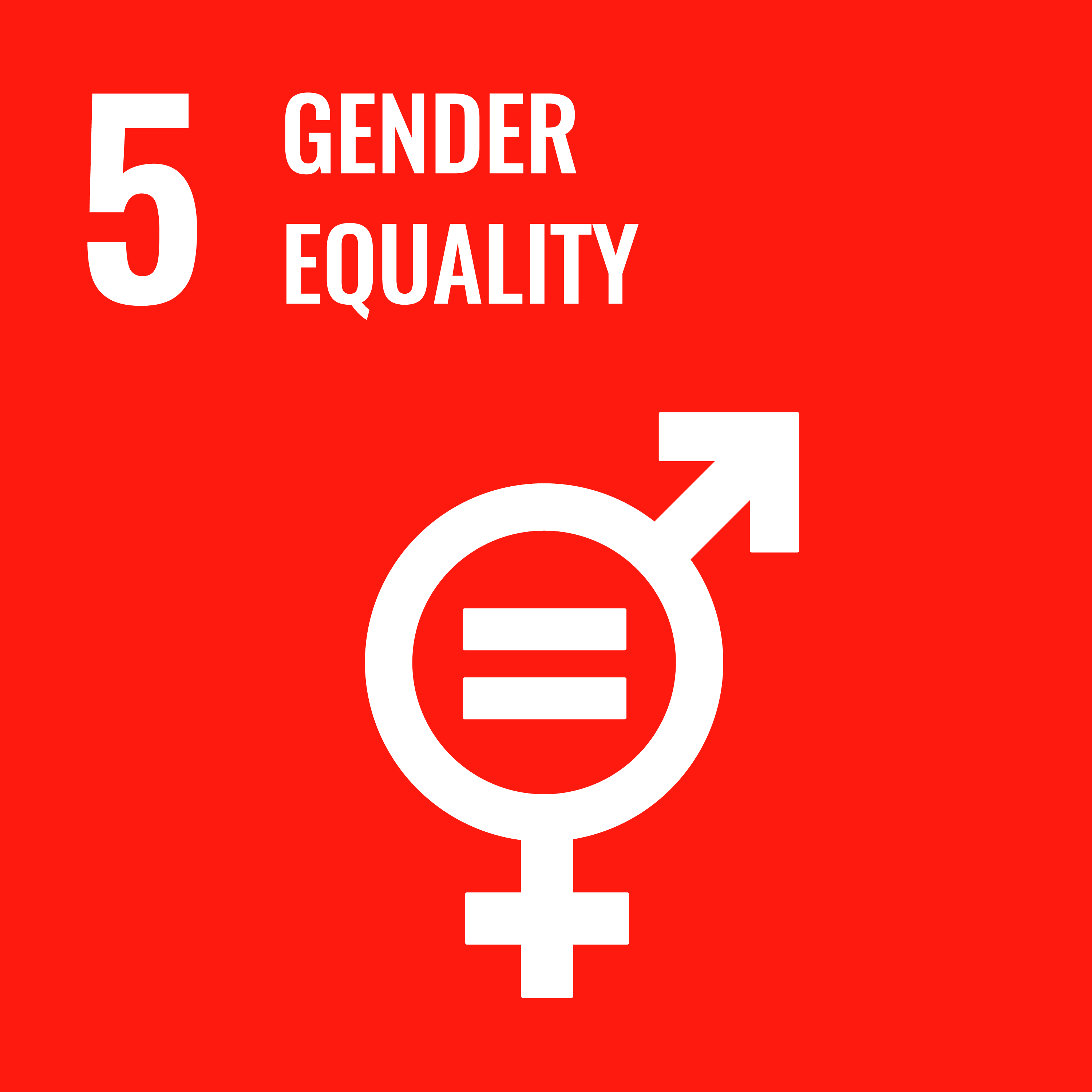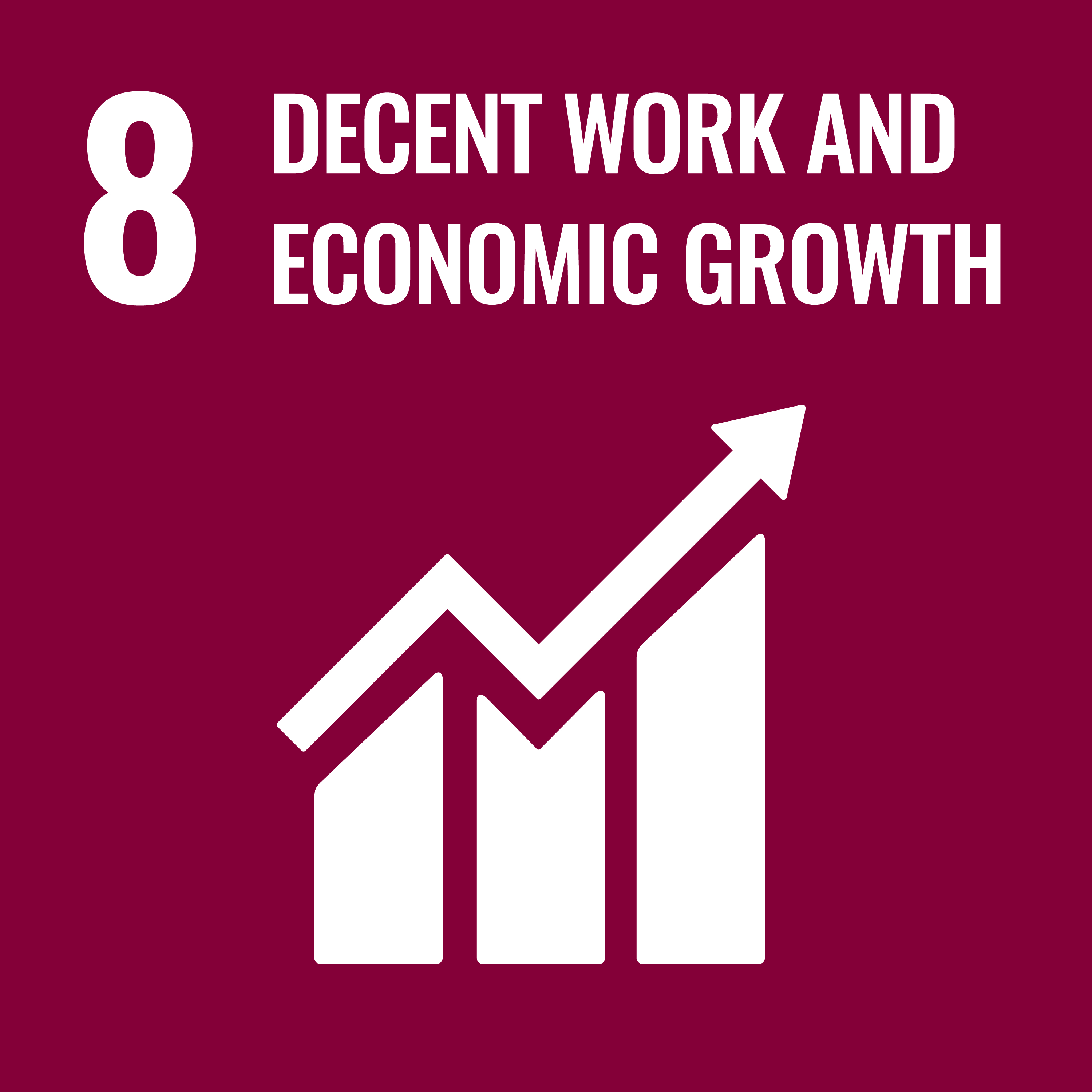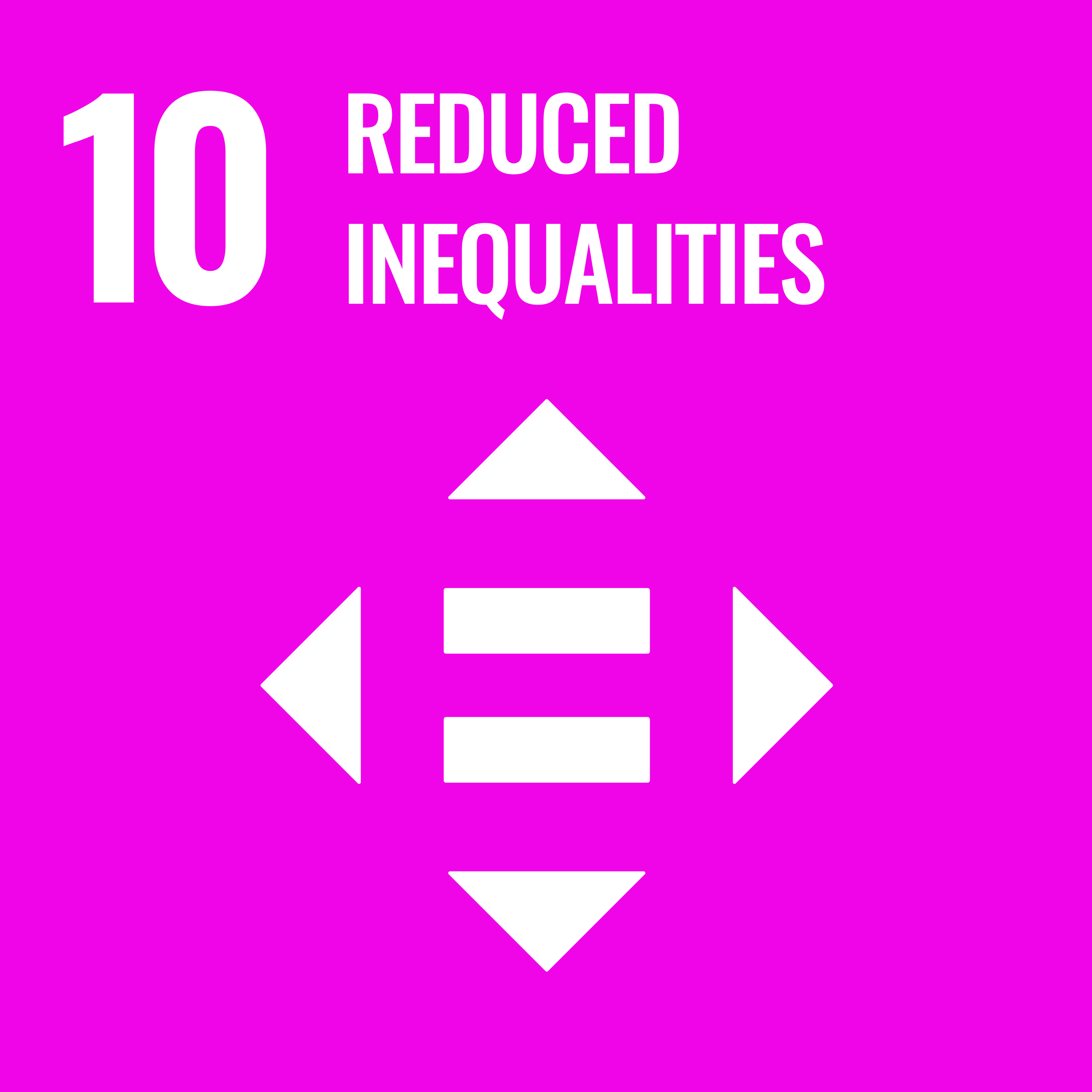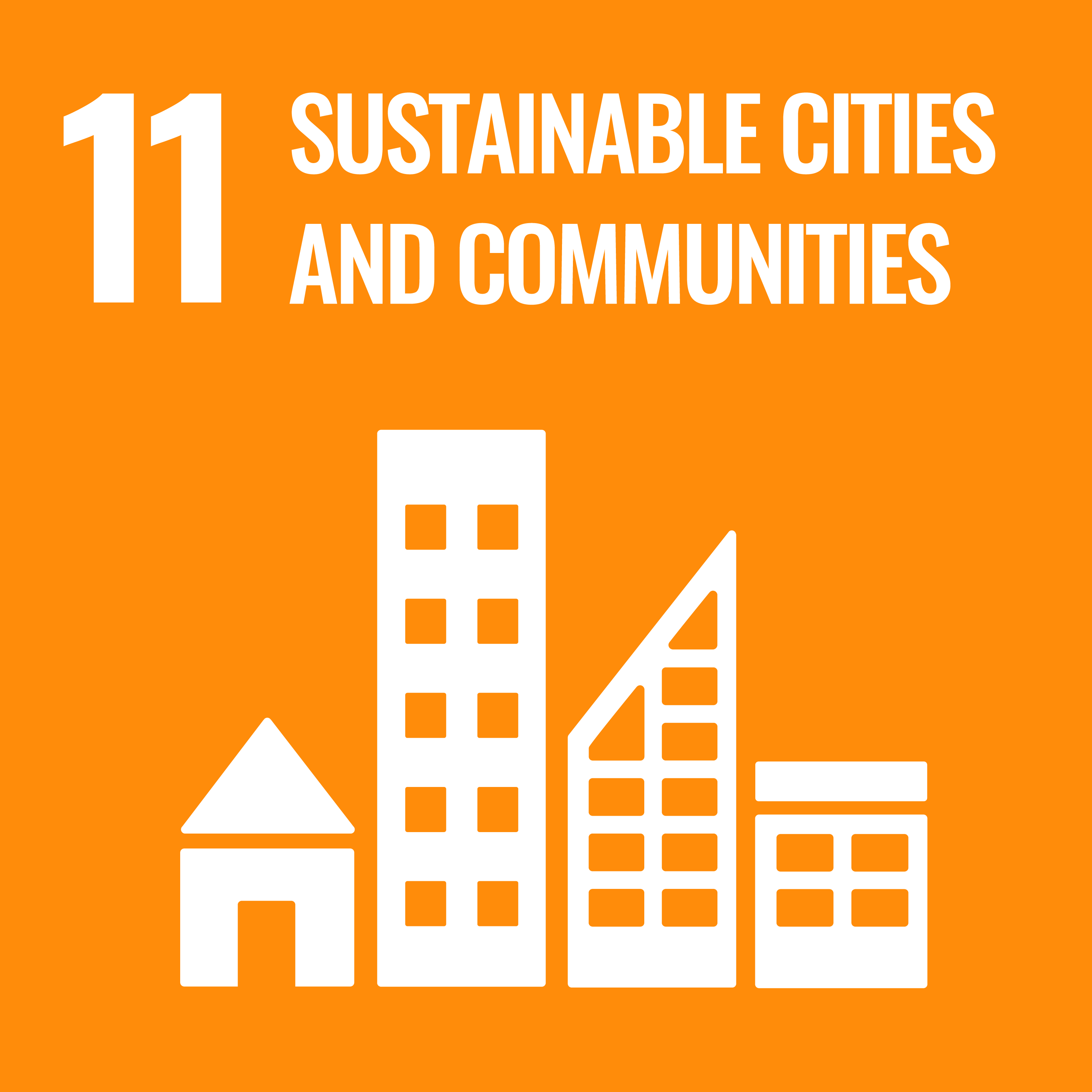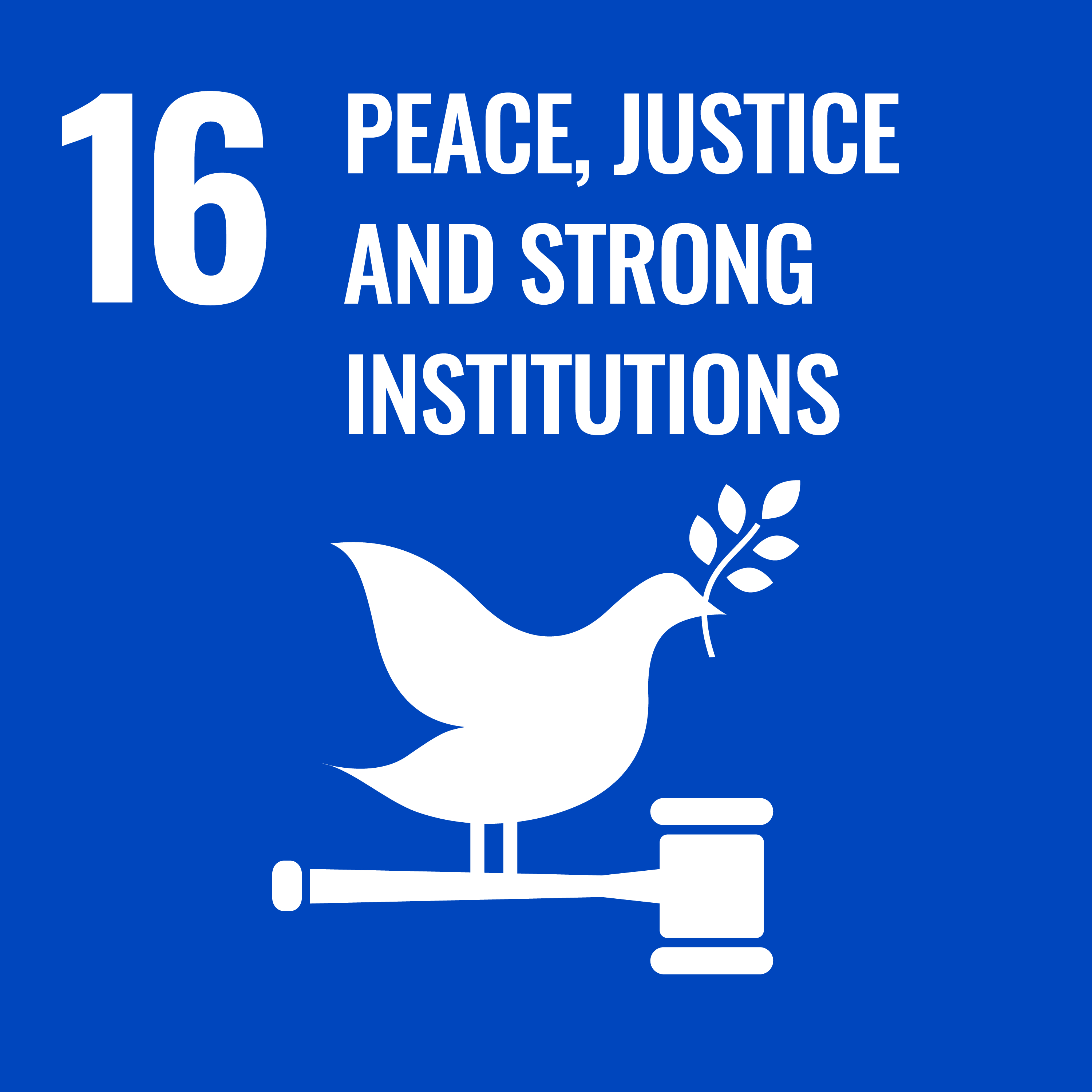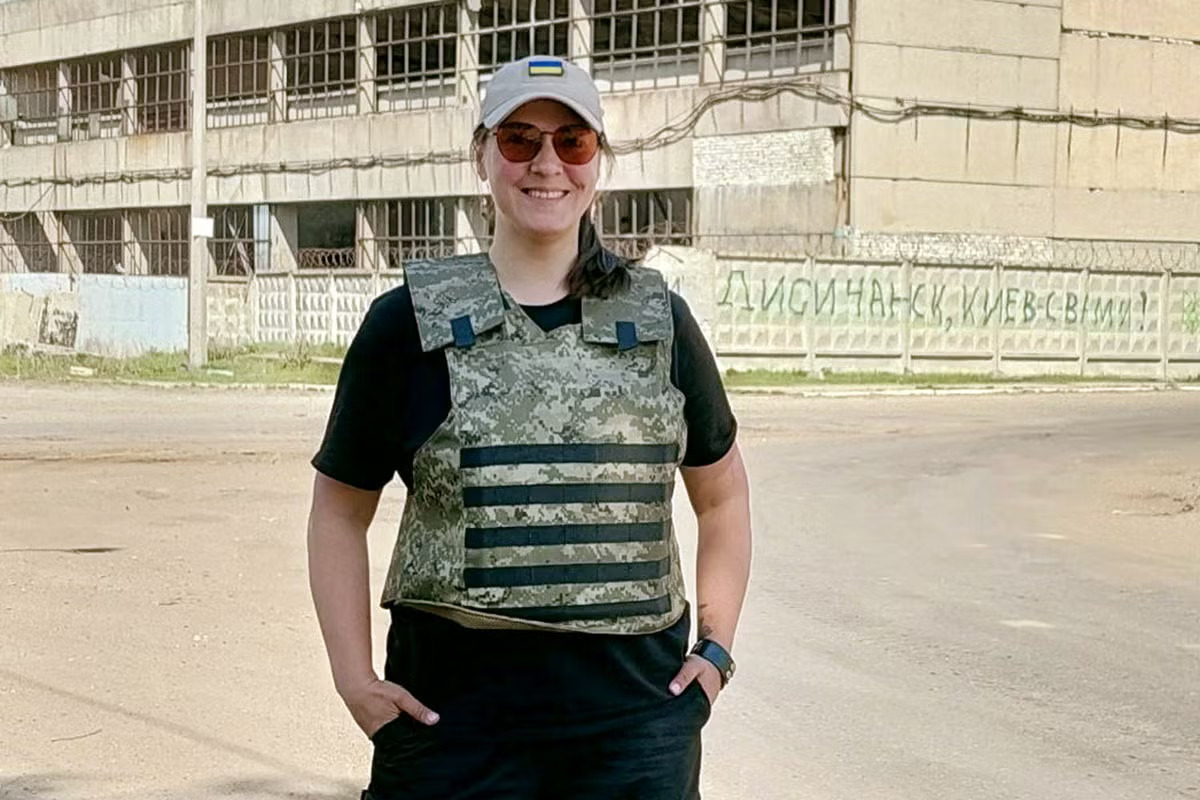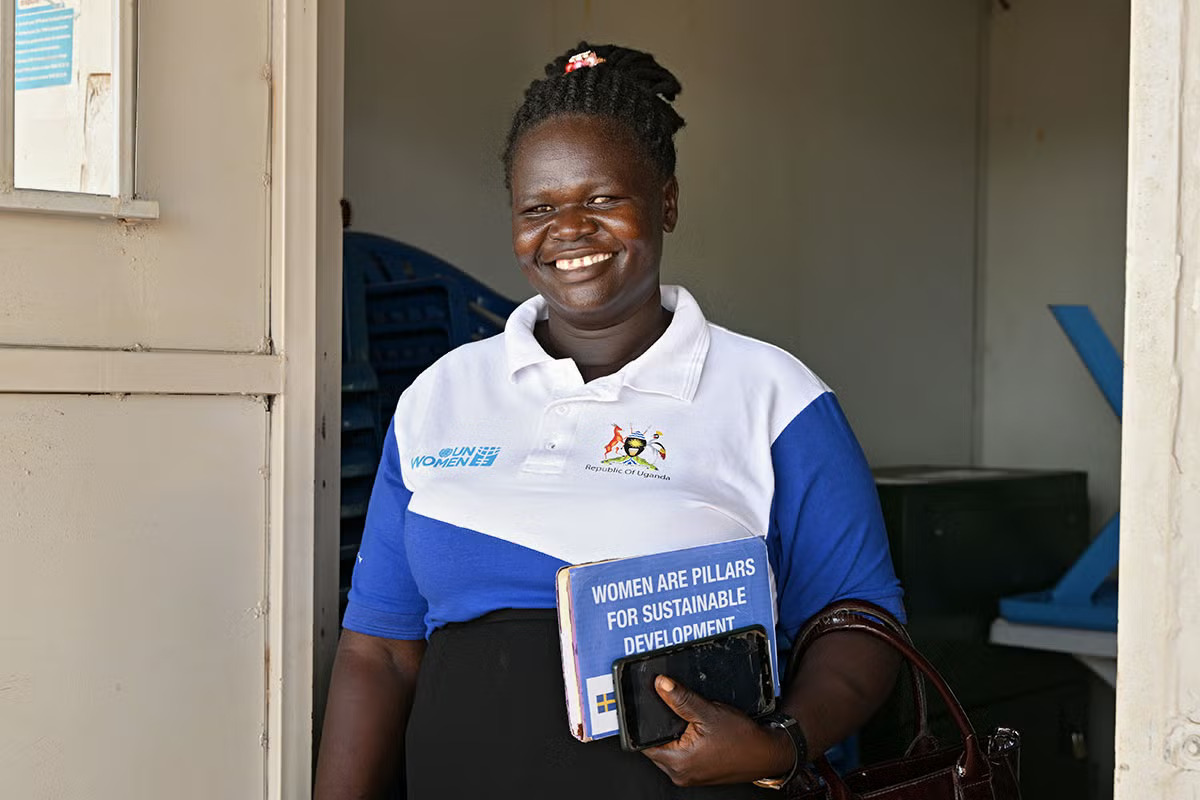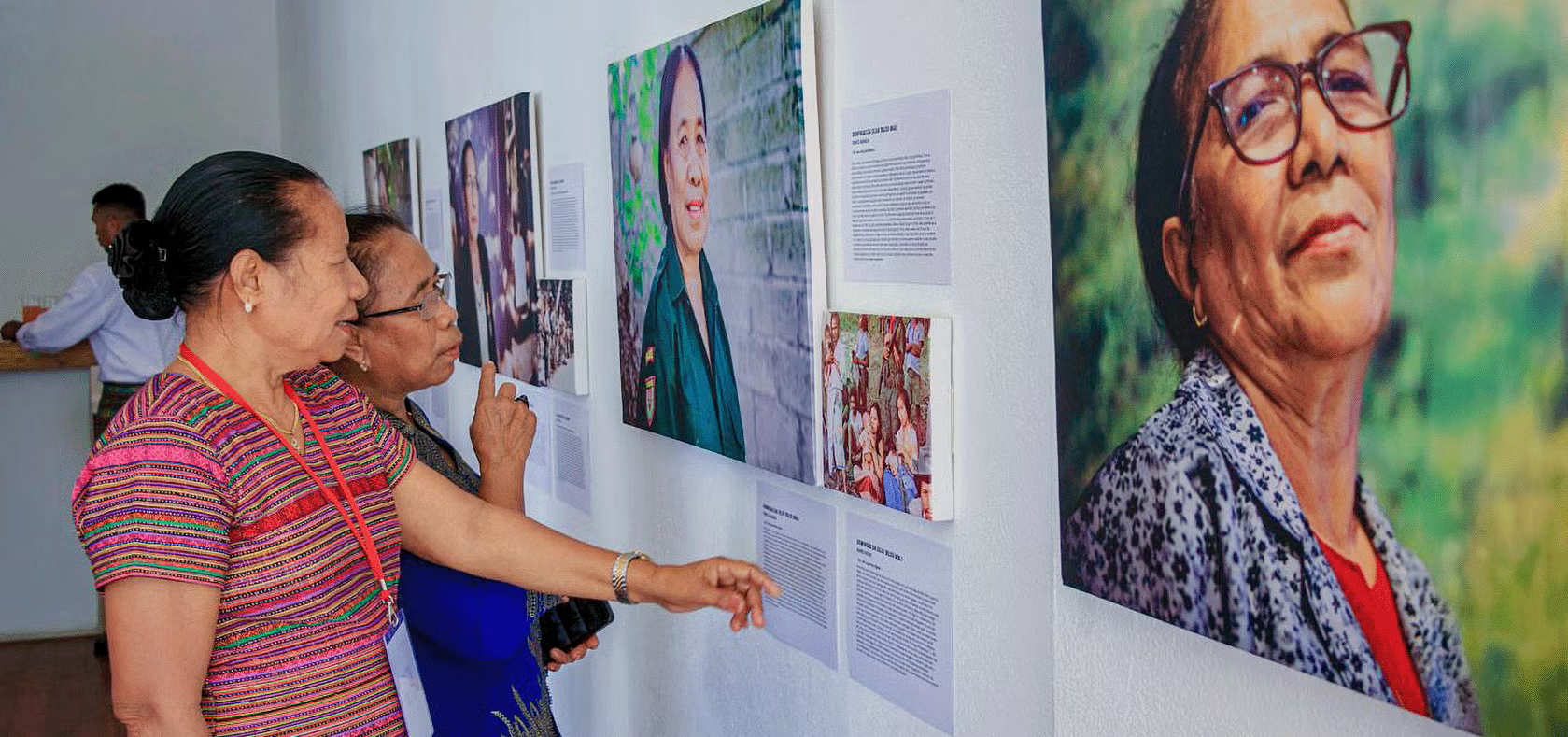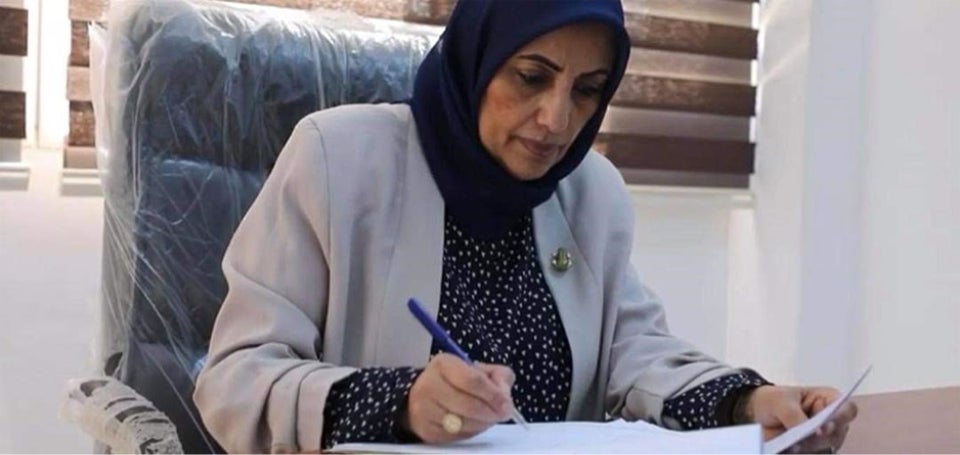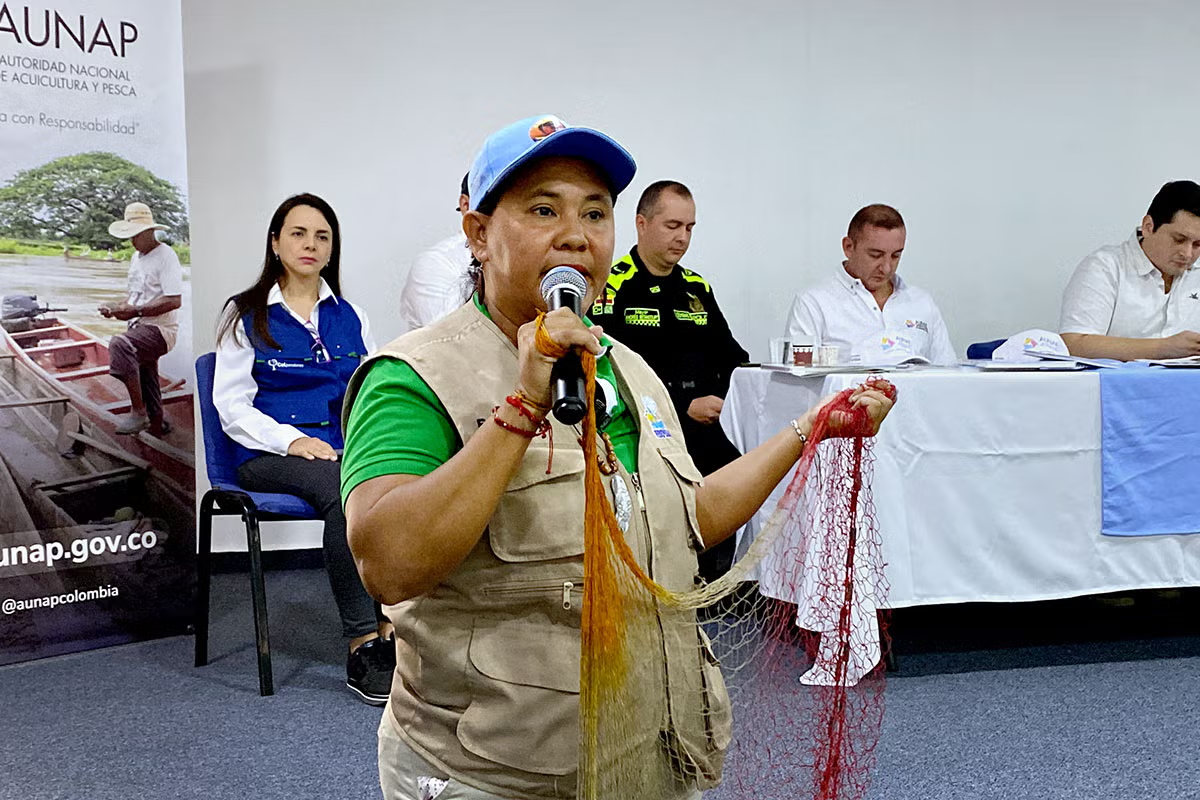Our Global Results
Overview of outcome
Legend
Regional office Multi-country office Country office Presence
Contributes to achieving SDGs
Financial flows (expenses) in 2024
Find out where UN Women's resources come from, where they go and how they are changing the lives of women and girls.
Outcome indicators in 2024
Achievement against 2024 milestone
Complementary indicators are identified as those in the results framework that are not repeated verbatim in the results framework of another United Nations entity, but are related or provide different but complementary lenses or insights into the same issue, high-level result and/or area of complementary work, such as a Sustainable Development Goal target.
Complementary
The relevant SDG Target is to ‘Ensure universal access to sexual and reproductive health and reproductive rights as agreed in accordance with the Programme of Action of the International Conference on Population and Development and the Beijing Platform for Action and the outcome documents of their review conferences'.
Common indicators are those that appear verbatim the same in at least two entities' results frameworks and are drawn, where possible, directly from other globally agreed frameworks.
Common




Achievement against 2024 milestone
Achievement against 2024 milestone
Output indicators in 2024
Achievement against 2024 milestone
Achievement against 2024 milestone
Achievement against 2024 milestone
Complementary indicators are identified as those in the results framework that are not repeated verbatim in the results framework of another United Nations entity, but are related or provide different but complementary lenses or insights into the same issue, high-level result and/or area of complementary work, such as a Sustainable Development Goal target.
Complementary


Source: https://unstats.un.org/sdgs/indicators/database/
Achievement against 2024 milestone
Complementary indicators are identified as those in the results framework that are not repeated verbatim in the results framework of another United Nations entity, but are related or provide different but complementary lenses or insights into the same issue, high-level result and/or area of complementary work, such as a Sustainable Development Goal target.
Complementary



This indicator has disaggregation in support of efforts to “leave no-one behind”. Please see further information on the Leave No One Behind (LNOB) page. Source: https://unstats.un.org/sdgs/indicators/database/
Achievement against 2024 milestone
Complementary indicators are identified as those in the results framework that are not repeated verbatim in the results framework of another United Nations entity, but are related or provide different but complementary lenses or insights into the same issue, high-level result and/or area of complementary work, such as a Sustainable Development Goal target.
Complementary



Achievement against 2024 milestone
Complementary indicators are identified as those in the results framework that are not repeated verbatim in the results framework of another United Nations entity, but are related or provide different but complementary lenses or insights into the same issue, high-level result and/or area of complementary work, such as a Sustainable Development Goal target.
Complementary


